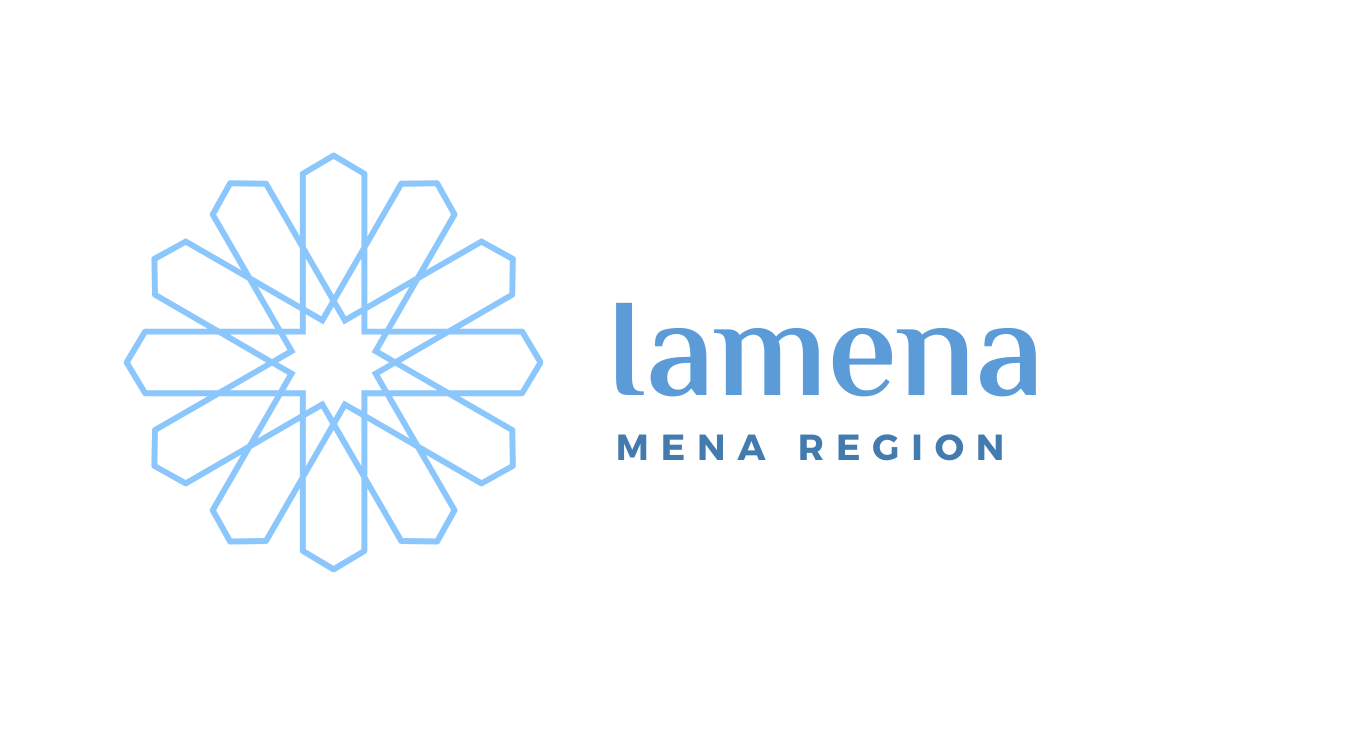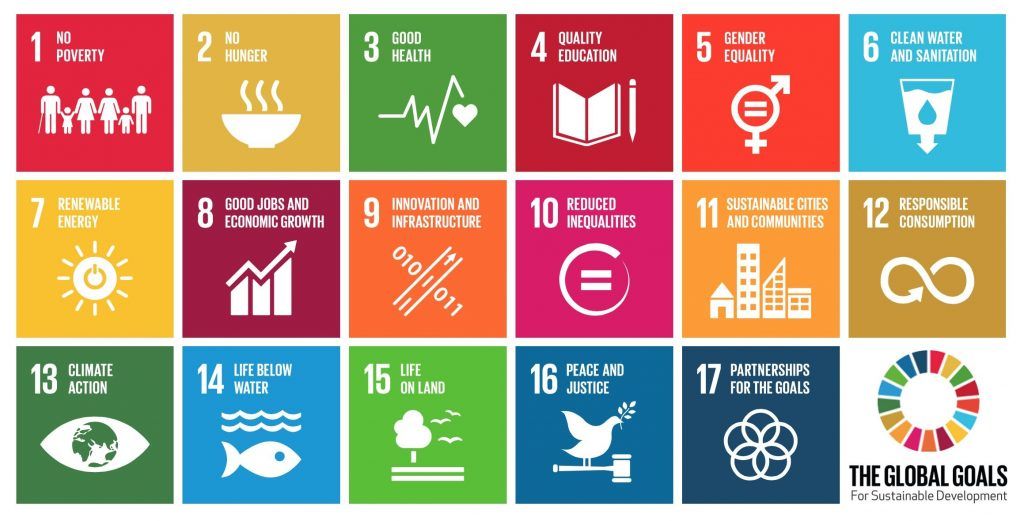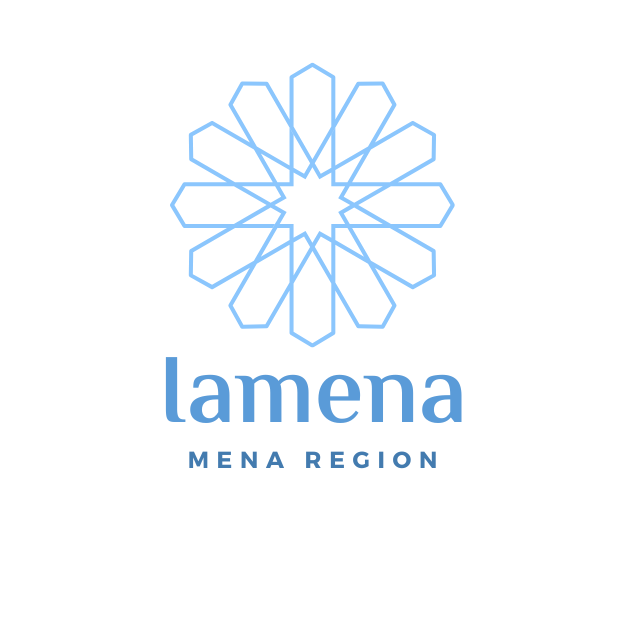Iamena is run by a team of highly driven professionals, all passionate about sharing the stories of Arabic World across the region and the world.
Policy for responsible growth
Below, We summarize a number of insights regarding the conditions of responsible prosperity. Together, these insights enable the formulation of policy guidelines for countries, regions or towns.
In the first place, We mention the Sustainable Development Goals, a rather comprehensive list of targets, followed by the concept of a doughnut economy proposed by UK economic scientist Kate Raworth, to end with the Green New Deal in the US.
We could have included the principles of inclusive growth formulated by the World Economic Forum, the UN Millennial goals, the impressive film Inconvenient Truth by Al Gore, and we could have gone back to the Report of the Club of Rome or Rachel Carson’s seminal book Silent Spring.
All of these approaches have in common that mastering environmental problems involves redistributing and redefining of the essence of prosperity..
In 2015, all 193 members of the United Nations supported the 17 ambitious Sustainable Development Goals (SDGs). Each of these goals has been specified in indicators. The number of these indicators has grown to 232 since 2015.
At the same time, the MENA has started its own approach, based on the concept of broad prosperity, another alternative for gross national product. It has been decided to integrate the policy themes with respect to broad prosperity and the SDGs, which has resulted in a slight adaption of their number and formulation. Just like the SDGs, broad prosperity has many indicators, to do justice to the diversity of its facets.
A unique aspect of measuring broad prosperity – in comparison with the SDGs – is the distinction between prosperity “here and now”, the pressure that the current level of prosperity puts on future generations (“later”) or on other countries (“elsewhere”). A further distinction is made between absolute size, growth or decline in recent years and the position of the MENA in comparison with the regions.
The Sustainable Development Goals
SDG Knowledge
Today, the Division for Sustainable Development Goals (DSDG) in the United Nations Department of Economic and Social Affairs (UNDESA) provides substantive support and capacity-building for the SDGs and their related thematic issues, including water, energy, climate, oceans, urbanization, transport, science and technology, the Global Sustainable Development Report (GSDR), partnerships and Small Island Developing States. DSDG plays a key role in the evaluation of UN systemwide implementation of the 2030 Agenda and on advocacy and outreach activities relating to the SDGs. In order to make the 2030 Agenda a reality, broad ownership of the SDGs must translate into a strong commitment by all stakeholders to implement the global goals. DSDG aims to help facilitate this engagement.
THE 17 GOALS
17
TARGETS
5
PUBLICATIONS
2
ACTIONS



